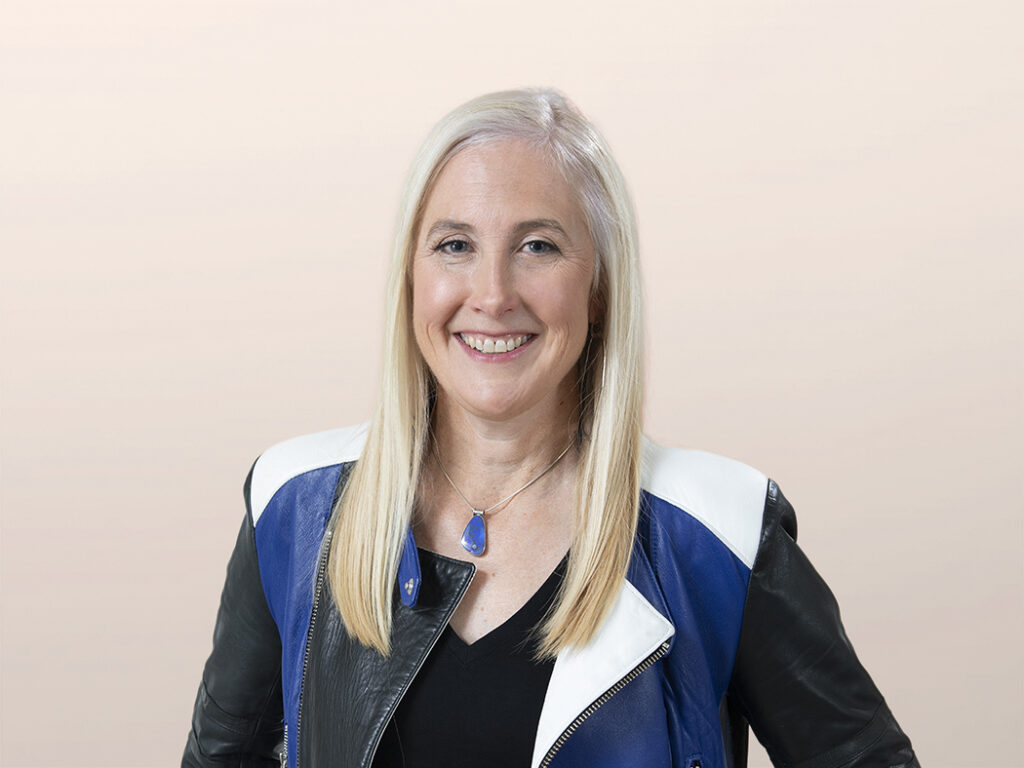Apple Is Tracking Us! Oh No! Who Cares, Really?
Apple has been storing our location. (See article) Sounds bad, but really, is it? My colleague Joe Stanhope forwarded the article to me with the line, “kinda scary.” Is it? Our credit cards track where we are and what we spend. The carriers know where we are all the time — they aren’t storing the information as far as we know, but they could be. Our cars can be tracked. We buy plane tickets and make flight reservations online. What’s a bit different is that many different entities have our information, but not necessarily one.
Your phone will know everything about you going forward. My phone already knows where I go (ok, and Apple is recording), who I call, what sports teams I follow, what games I play, where I bank, how often I visit Starbucks, where I shop, what books I’m reading (Kindle), what music I listen to . . . and the list goes on. What else is my phone going to know about me? It’s going to know:
- What I eat because I want help tracking calories
- How often I run because I track my workouts
- What I watch on TV because my phone is my remote control
- Who I fly . . . because I use mobile boarding passes
- How healthy I am b/c it will track my cholesterol
- Who my friends are from phone, texting, and Facebook
- Where I’m eating b/c it tracks my Yelp searches and OpenTable bookings
- Whether I’m traveling on foot or by car b/c it tracks my speed
- How fast I drive . . .
Is this a Big Brother? My colleague Josh suggested “Big Mother.” No — I’m going to gladly give up all of this information and be tracked in exchange for convenient experiences. I want my car insurance provider to know how fast I drive so it will reward me for safe driving. (I hear my friends laughing.) I’ll let my phone track what I eat because I want help losing weight. The list goes on.
I call this context — information about who we are, our behaviors, and our environment. We’ll gladly give up this information in exchange for convenience — just like we do with our credit cards. It will be gradual. We won’t notice.
